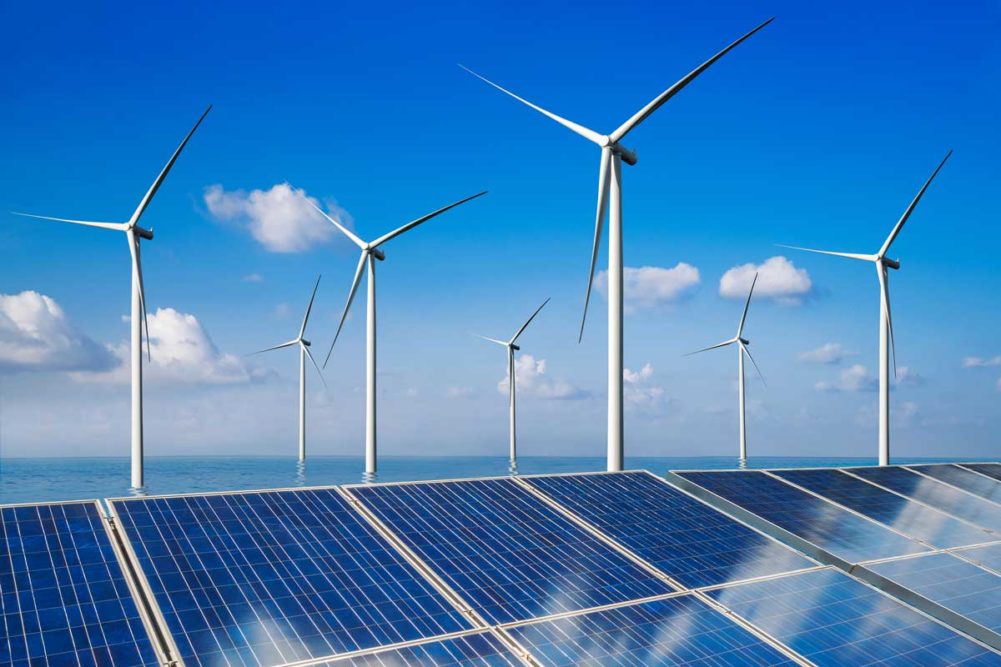CHICAGO — Two leaders in the areas of sustainability and sanitation shared their best practices and strategies for bakers looking to engineer operations that rely on renewable energy sources on March 2 at the American Society of Baking’s BakingTECH in Chicago.
From a plant’s carbon footprint to its lighting to its water usage, there are several ways to reduce environmental impacts and share that mission with consumers who are increasingly choosing brands that prioritize renewable energy practices.
Irene Espinola Campos, renewable energy global director for Grupo Bimbo, Mexico City, discussed the strategies and challenges that Grupo Bimbo has overcome on its way to becoming 100% renewable by 2025. The company’s mission began in 2012 with its first wind farm. The success of Bimbo’s efforts already have produced cost saving and energy saving results. Today, Bimbo’s US bakeries all use 100% renewable sources of energy. Through the company’s expansive Bimbo Solar initiative, it has installed rooftop solar panels on 72 of its global sites. These installations can generate 15% or more of a plant’s electricity, Ms. Espinola Campos said.
To develop a comprehensive sustainability plan, bakers need to put in the research. She said there are many challenges, including laws and regulations that vary state to state, or country to country. There also are challenges with rural vs. urban locations.
“You need to study every aspect of it to become 100% renewable,” she said.
Ms. Espinola Campos also said a company has to fully commit to a culture of sustainability. She said Grupo Bimbo took a top down approach and now every plant prioritizes sustainable practices. She said local Grupo Bimbo plant managers have prominent displays of their energy usage, how it varies day to day, and how they are improving their process’ efficiencies and reducing waste. They measure KPIs like kilowatts of electricity used per hour, compare it to output of product and translate the data into measurable impacts to the bottom line. She said this keeps every plant accountable.
“If there’s no accountability, it’s just wasted time,” she said.
She said there are simple things bakeries can do today to reduce their energy usage. One is lighting. By purchasing LED lights that require a fraction of the electricity, plants can see the return on investment immediately.
An increasingly important part of sustainability is water usage, especially in sanitation. Karl Thorson, food safety and sanitation manager at General Mills, Minneapolis, said bakers need not only be aware of how much water they use, but they need to be aware of the risks associated with water in a baking plant.
“They really need to understand the success criteria of cleaning, the need for cleaning, and then matching the right cleaning method to address that risk or hazard,” Mr. Thorson said. “They need to challenge things that are going to have a huge impact on the environment, the equipment, the employees and the costs.”
He argued that there is a large opportunity for bakers to not only improve food safety, but also improve equipment reliability, employee safety and the environmental impact of operations. And by focusing on how changes and impact the business’ bottom line, bakers can be more motivated to make strategic changes.






